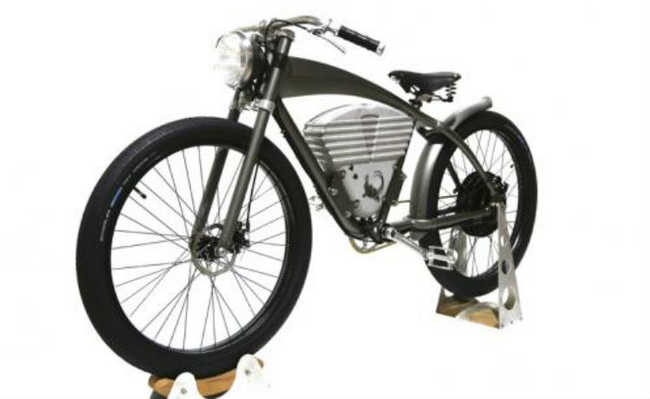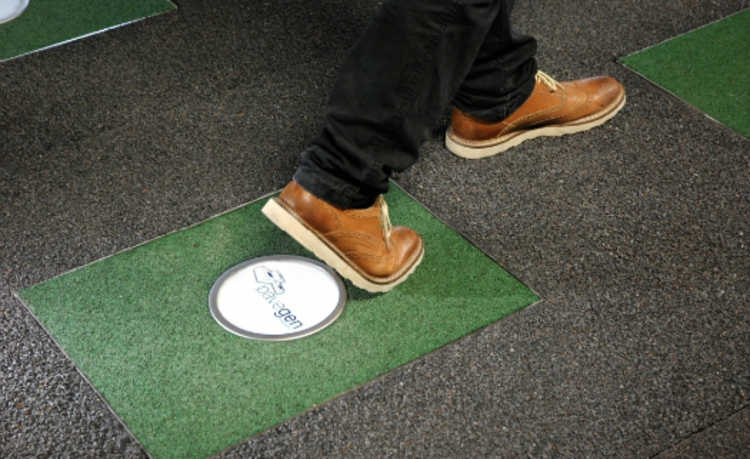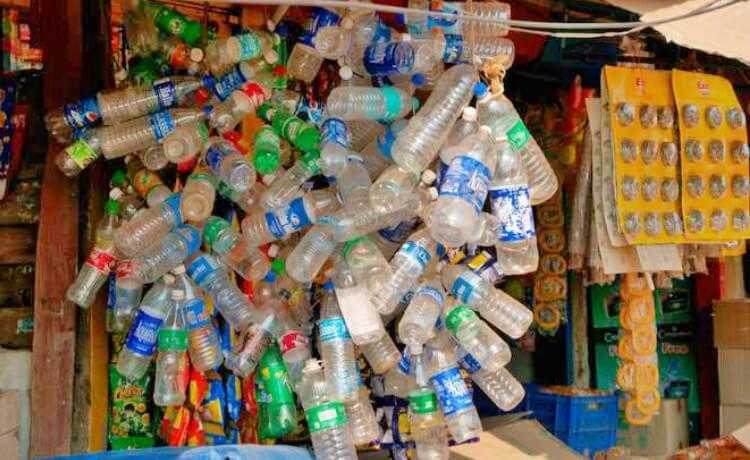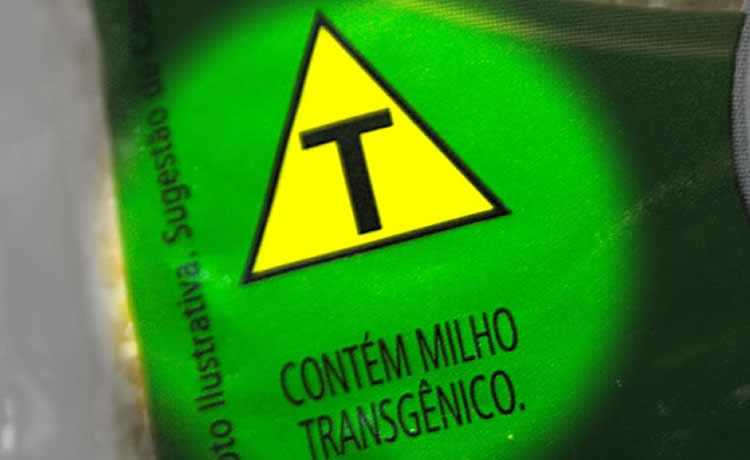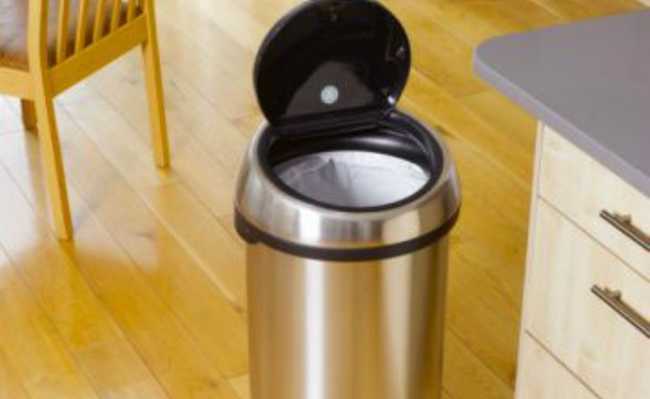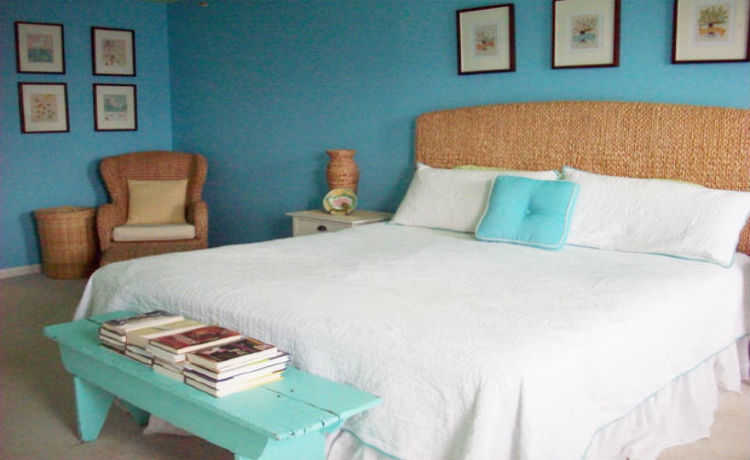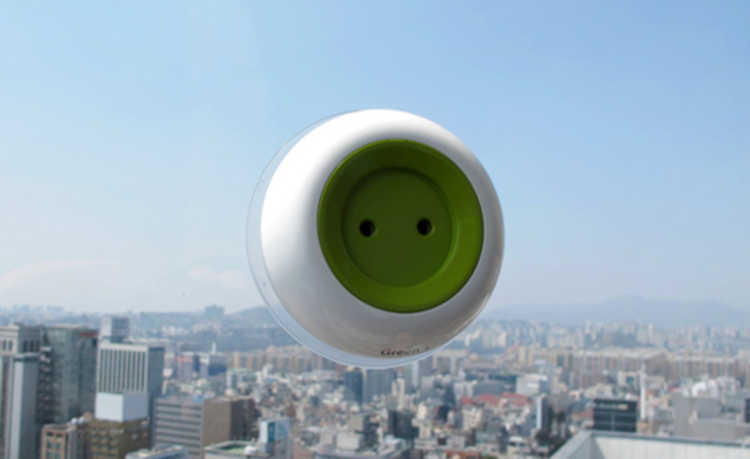Conscious energy consumption
Start practicing conscious energy consumption right now! know how

Conscious consumption of electricity is essential for sustainable development. It is necessary, whenever possible, to reduce electricity consumption. Can you imagine your daily life without her? It would be very difficult for us, who are used to the comforts provided, to carry out our normal tasks without electricity. That's why it's important to practice conscious consumption, avoiding unnecessary expenses that demand more energy and can, combined with other factors, trigger energy crises.
Residential condominiums are large consumers of electricity, which is why practicing conscious energy consumption in condominiums is so important. The Brazilian energy matrix is still very dependent on hydroelectric plants - if there is a severe water crisis in the country, energy generation will be compromised. Without water we don't have electricity, without electricity we don't have development - and so on.
This is just one of the many environmental and social factors by which we must adopt the conscious consumption of electricity and eliminate waste. We can all adopt a behavior that reduces consumption and mitigates the impacts of energy used. In condominiums, rules and actions can be implemented to reduce energy consumption. In the houses, each resident can do their part and talk to their family about the practice of conscious energy consumption.
We have made a selection of tips for you to practice conscious energy consumption and save on your electricity bill. Some are simple and do not require construction or large investments, and can be implemented with an awareness campaign for the rational use of energy - effective in the case of buildings and more informal for houses. Other tips are more complex and involve planning and/or projects for implementation. Check out:
- A mandatory task to reduce energy consumption is to turn off the lights when leaving the environment - everyone knows the importance of this habit, but there is always the one who forgets. Therefore, one way to remember these forgotten ones is to put stickers or signs scattered around the switches in the condominium with educational messages. Find out how in the article "Making a campaign is important to encourage energy savings in condominiums";
- Unplug electronic devices from the outlet when not in use, as the stand-by (standby mode) increases consumption by 20%;
- If you are going to change electronic models, choose those that have energy efficiency seals from the National Electric Energy Conservation Program (Procel);
- Computers also have some techniques to save energy, such as "standby mode" and even the habit of turning off the monitor (learn more in the article "Energy can be saved on your computer");
- Electric showers are the biggest electric consumers of homes - they represent about 33% of the bill value. Check the possibility of installing gas or solar showers (even better) in buildings, reduce bathing time and, on hot days, set the appliance's electricity switch to the "summer" position;
- The refrigerator is the second biggest villain of conscious energy consumption, corresponding to around 23% of the bill. Do not lean the refrigerator against the wall, never dry clothes behind the refrigerator, clean it frequently and check the sealing rubbers (learn more in the article "Save energy in the kitchen");
- Switching from incandescent to fluorescent lamps will save a lot of energy. If the exchange is for LED models, even better, as they are recyclable and have no problems involving the mercury in fluorescent lamps, in addition to saving even more electricity. See more details in the article "Tips for saving energy in condominiums through lighting";
- Accumulate a good amount of clothes for washing in the machine and for using the iron (learn other techniques in the article "Wash your clothes in cold water to save energy");
- Pumps that transport water through the building use a lot of energy - the condominium should keep an eye on the pump's efficiency. Attitudes to save water also help save energy (see the Water Savings Guide for Condominiums).
- Elevators also consume a lot of energy, so don't call both elevators at the same time, just the one closest to them. During off-peak hours, turn off one of the elevators alternately - for example: on Sundays and holidays from 10 pm to 6 am. Some more modern elevators have more efficient drives, check with the manufacturer if they are working.
- Check the feasibility of installing solar panels. Today it is easier for condominiums to adhere to this type of energy due to changes in legislation (see more in the article "Implementation of solar energy system in condominiums: is it feasible?").
- Green roofs and walls can save a significant amount of energy by reducing the use of air conditioning (learn more in the article "Green roofs and walls in condominiums help to save energy".)
- The highest energy consumption is at peak or peak hours, from 6pm to 9pm. During this period, the demand for energy is very high and, if there is not enough energy to meet this demand, emergency thermoelectric plants are activated. Thermoelectric plants emit much more greenhouse gases (GHGs) and cost more in the final energy bill. So try to avoid heavy energy usage during peak hours. With these factors in mind, the National Electric Energy Agency (Aneel) created the white flag. With this new flag, the price of energy during off-peak hours is cheaper. If there is the possibility of changing habits to use most of the energy during off-peak hours, consumers will be able to adhere to this option and have more control over energy expenses.
- Install light sensors. Light sensors allow lights to automatically turn off when there is no one in the room. This is a worthwhile investment and contributes to conscious energy consumption.
- Avoid using multiple low-intensity lamps. Use few high-intensity lamps. Some fluorescent and LED versions are even more economical than lower intensity versions.
- Use natural lighting whenever possible. Avoid installing curtains.
- Avoid painting walls and ceilings in dark colors, as they reflect less light, requiring more powerful bulbs, which will consequently consume more energy.
- Clean walls, windows, floors and ceilings, as dark dirt makes it impossible to reflect light, increasing consumption.
- Regularly sanitize lighting fixtures and lamps. Insects and dust, over time, stick to the surface, preventing the passage of light, making it necessary to install more lamps in the area to improve the lighting.
- Educate children about the importance of not needlessly pressing multiple elevator buttons. After all, conscious energy consumption should start early.
With these tips it is possible to increase the energy efficiency of your home or building and thus also increase the property's value, in addition to contributing to a conscious energy consumption. Talk to residents, employees, administrators and condominium administrators and promote all measures that are feasible. Watch the video about energy efficiency:
Extra tip!
- One way to indirectly contribute to the conscious consumption of energy is to practice correct disposal. Did you know that improperly disposed recyclable materials are a waste of energy? Understand the importance of recycling in the article: "What is selective collection?". Find out how to implement selective collection in your condominium in the article: "Selective collection in condominiums: how to implement it".



